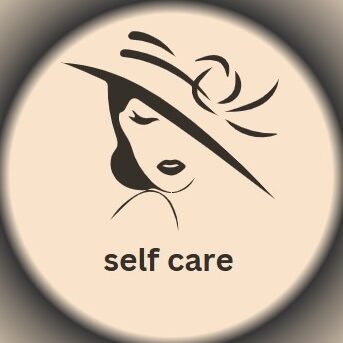Taking care of your emotions is just as important as looking after your physical health. Emotional self-care means giving yourself the space, time, and tools to understand how you feel, process those feelings, and express them in healthy ways. When you pay attention to your emotional needs, you build resilience, strengthen relationships, and create balance in your life. Let’s break down the key elements of emotional self-care.
1. Mood – Checking In With Yourself
Your mood often sets the tone for your entire day. Yet, many people go through life without pausing to notice how they’re actually feeling. Emotional self-care starts with simple mood check-ins—asking yourself: Am I feeling calm, anxious, happy, or drained right now?
When you acknowledge your emotions instead of ignoring them, you gain the power to respond rather than react. For example, if you realize you’re stressed, you might take a short break, breathe deeply, or go for a walk instead of letting the stress pile up. Mood awareness is like turning on a light in a dark room—it helps you see what’s really happening inside.
2. Journaling – Writing as a Safe Outlet
Journaling is one of the most effective ways to process emotions. Putting your thoughts on paper helps you release what’s stuck in your mind. It doesn’t need to be fancy; even a few lines a day can make a difference. You can write about what happened, how you felt, and what you’re grateful for.
Over time, journaling reveals patterns—you’ll start to notice what triggers your stress and what lifts your spirits. It’s like having a conversation with yourself, without fear of judgment. This habit creates clarity, helps you problem-solve, and builds self-awareness, which is at the heart of emotional self-care.
3. Expressing Feelings – Letting Emotions Flow
Bottling up emotions often leads to frustration or even burnout. Expressing your feelings is not a weakness—it’s a healthy release. This could mean talking to a trusted friend, sharing with a family member, or even creating art or music as an emotional outlet.
The goal isn’t to get rid of emotions but to honor them. Crying when you’re sad, laughing when you’re joyful, or speaking up when something bothers you—these are all ways of respecting your emotional reality. Expression builds stronger connections with others and helps you feel lighter inside.
4. Therapy – Professional Support When Needed
Sometimes emotions can feel overwhelming, and that’s when therapy becomes an essential form of self-care. A therapist provides a safe, non-judgmental space where you can explore your feelings, gain perspective, and learn healthy coping strategies.Mayo Clinic
Therapy isn’t only for crisis moments—it can also be a proactive choice for personal growth. Talking with a professional can help you break unhelpful patterns, build resilience, and learn how to manage challenges more effectively. Seeking therapy is not a sign of weakness; it’s a sign of courage and self-respect.
Final Thoughts
Emotional self-care is about giving yourself permission to feel, express, and heal. By checking in with your mood, writing your thoughts, sharing your feelings, and seeking help when needed, you nurture your inner world. When your emotions are cared for, you’re better equipped to handle stress, connect deeply with others, and live a more balanced, fulfilling life.




